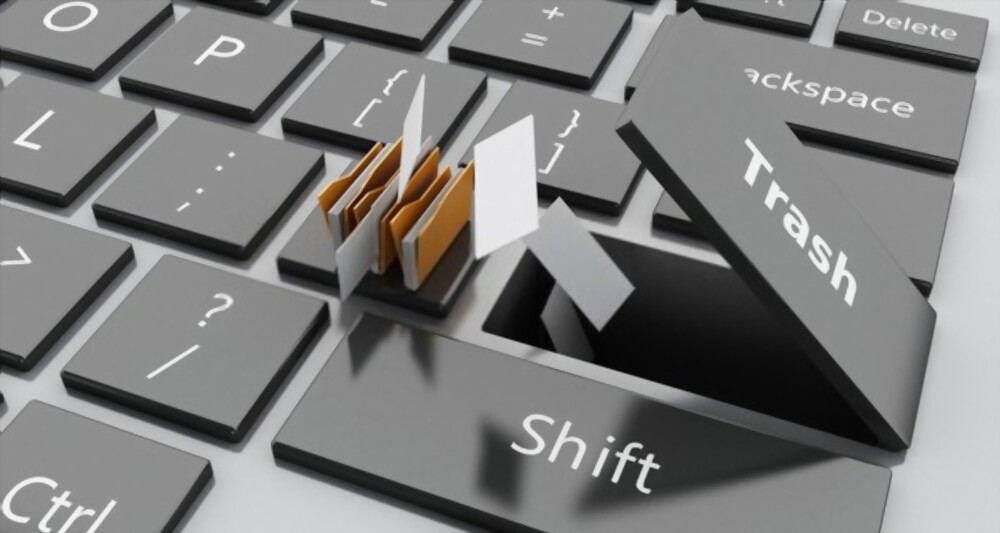Therefore, following these easy steps will help users keep a
quick PC.
Second, users need to right click the document they want to delete and choose "Delete" in the drop-down menu which appears. If the users want to delete all of the files in that particular folder, then press Ctrl + A and choose the choice of "Publish". An additional way to disable the document is to click on the file and press the delete tab. And the users must click "Yes" if a query arises that states "Are you certain you wish to delete [name of document ]?" .
But after shutting down windows there are some documents
which have to be deleted, are all left behind.
Hence, these documents are known as junk files. As they collect from the system disc, they'll
absorb a substantial disk space together with the passing of time.
You might also
choose the files which you would like to delete and eliminate them one by one.
Prior to getting into the specifics of the crap files it's
quite essential for the consumers to understand exactly what crap files
are. Junk Files are essentially the Temporary Files which are created by Internet Explorer, Windows or some other
applications when a PC starts functioning.
It may be simply described as, when windows begin; it involves loading
some crucial system files and other non-system documents. And while Windows and other programs are
still working, they also need access to lots of documents as temporary
documents to accelerate the procedure so that consumers' PC stays a rapid and
healthy PC.
Furthermore, they can slow down the data entry rate of Windows turning users' PCs into a slow PC. Consequently, it's extremely important to Delete Junk Files including Temporary Files, downloaded sound files, files, video, and picture files in the hard disk to keep the rate of their PC. Further, users must delete all of the unneeded files from their desktop computer along with other folders. All such unnecessary documents should be deleted instantly so the PC does not become a slow one.

Comments
Post a Comment